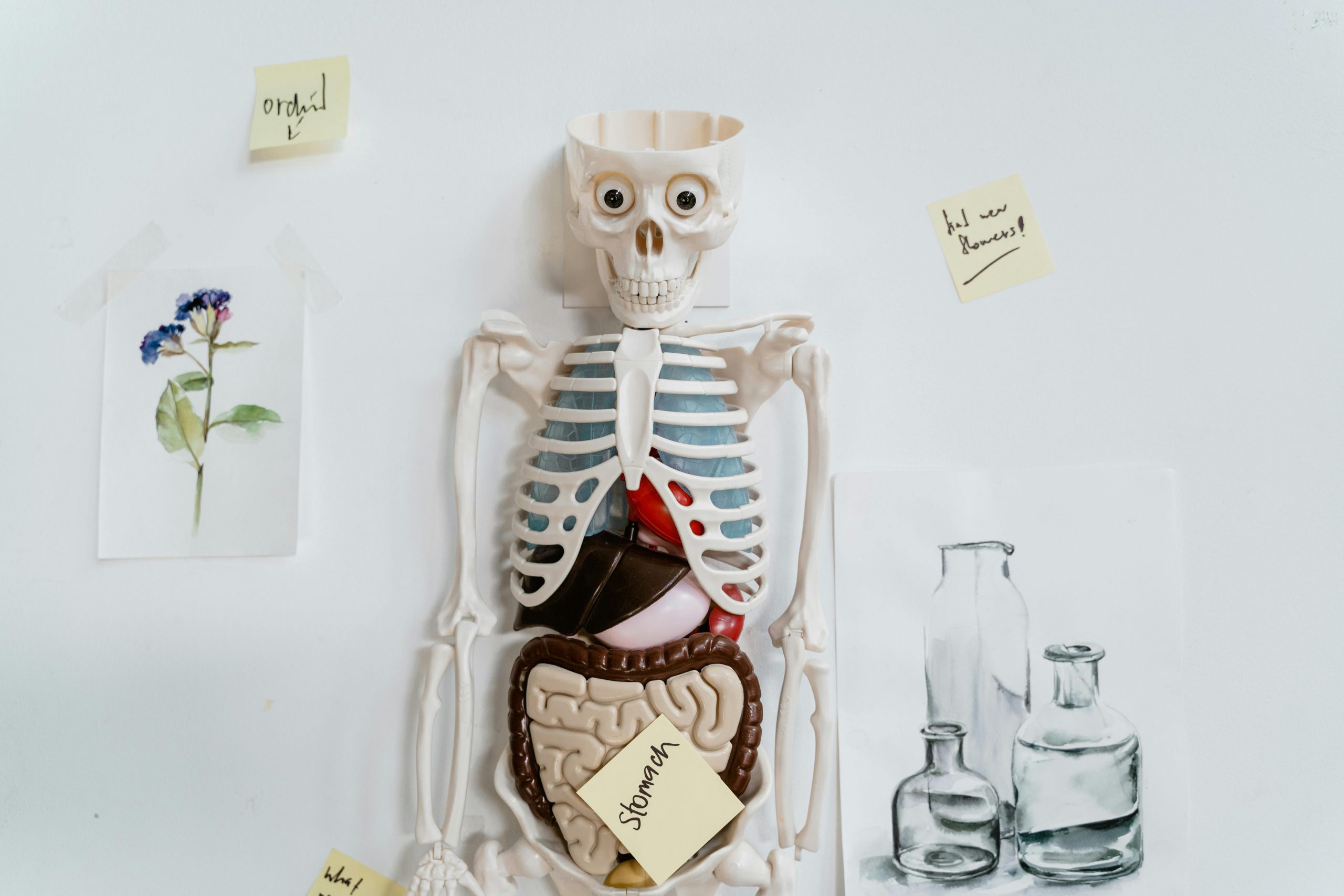es — dictators, like anyone else with enough wealth and access, can and sometimes do resort to organ transplants or other advanced medical treatments in an attempt to extend their lives. A few important points:
-
Medical Feasibility
-
Organ transplants (kidneys, liver, heart, lungs) are technically possible if there is a compatible donor and the dictator is healthy enough to undergo surgery.
-
Long-term survival after transplant depends on access to ongoing immunosuppressive therapy and careful monitoring — something powerful leaders can usually secure.
-
-
Access & Ethics
-
Dictators often have privileged access to the best hospitals, doctors, and experimental treatments, sometimes abroad.
-
In authoritarian contexts, there have been allegations of forced organ harvesting or coercion to obtain organs for elites, bypassing waiting lists that ordinary citizens must endure.
-
-
Historical Precedents
-
There are reports (some credible, some speculative) of authoritarian leaders receiving high-end or experimental care:
-
Fidel Castro reportedly received advanced medical treatments in Cuba and abroad to manage his health issues.
-
Mobutu Sese Seko of Zaire flew to Europe for cancer treatment.
-
Rumors have swirled around other leaders (e.g., in Central Asia, the Middle East, North Korea) seeking organ transplants, though many are unconfirmed.
-
-
-
Limits of Medicine
-
Even with organ transplants, dictators cannot escape the realities of aging, rejection risks, infections, or other comorbidities. Transplants can buy time, but not indefinite survival.
-
In short: yes, dictators can — and sometimes do — resort to organ transplants to extend their lives, but it’s not a guaranteed path to longevity, and it often raises serious ethical and human rights concerns about how those organs are obtained.




